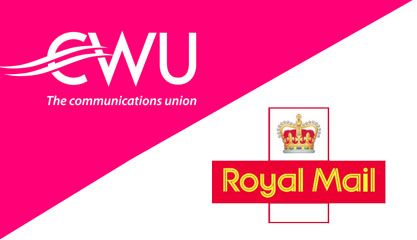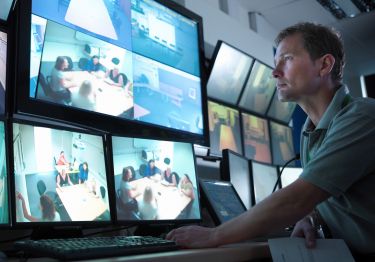I'll be watching you
Workers want some say over surveillance
There’s a clear will among workers to have some control and some say over how they are monitored at work. 79 per cent think that employers should be legally required to consult and agree with them before any new form of workplace monitoring is introduced and enforced.
Consultation alone is not enough for the majority of workers. In total, 81 per cent believe that employers should have to provide a clear justification to their workforce as to why they’re introducing a new form of workplace monitoring before it is rolled out.
Being clear about the purpose of monitoring is also important. Staff want to know why they’re being monitored and what it’s used for. During our discussions with workers, we heard about cases where surveillance was introduced for business purposes (such as tracking vehicles for insurance purposes), but then used to measure performance.
Clarity and transparency about monitoring and what it’s used for also allows workers to ensure they aren’t caught out by monitoring they were unaware of. As one worker told us: “it you know what the rules are then you know not to break them”.
Union case study: ensuring monitoring is used fairly and as agreed

As part of their Four Pillars agreement with the Royal Mail, CWU have negotiated a position that allows Royal Mail to use new technology to improve productivity, but without the threat of it being used to discipline or discriminate against workers.
The agreement includes a strong statement on how data will only be used in a way that respects workers’ privacy:
Both parties recognise that new technology will improve Royal Mail’s performance, and the service we provide to our customers. It is agreed that all individuals have a right to privacy at work, and it is accepted that there is a mutual obligation of confidence and trust applied to every contract of employment, and that all parties should act in a way so as not to break that relationship.
The use of data will be in the spirit of our agreements. It is recognised that the use of technology may increase levels of individual visibility and it is agreed that this new technology is not being deployed for, or will be used as, a disciplinary tool. As such it will not enhance the ability of managers, or the evidence available, to take disciplinary action.
The agreement includes details of a trial of a new hours-monitoring system, but there’s a clear statement that this will not be used to track individuals or be used for individual performance management. There’s also a commitment that a CWU rep will be involved in any evaluation of the trial.
Stay Updated
Want to hear about our latest news and blogs?
Sign up now to get it straight to your inbox


